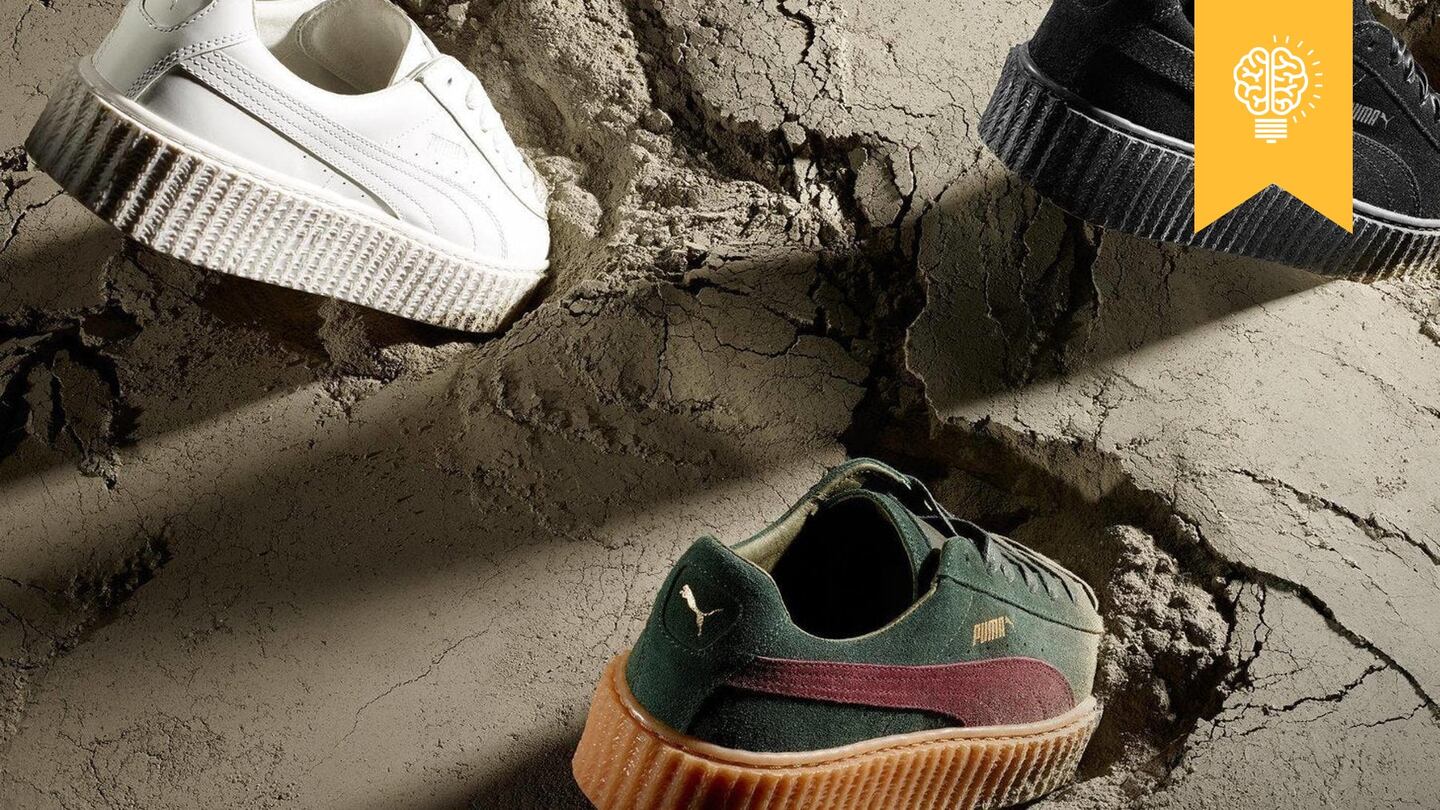
The Business of Fashion
Agenda-setting intelligence, analysis and advice for the global fashion community.

Agenda-setting intelligence, analysis and advice for the global fashion community.

LONDON, United Kingdom — Since Kering acquired Puma in 2007, the activewear brand has certainly grown much bigger. But it is also worth less today than in 2007 and, in most respects, has been a disappointment, systematically trailing its peers on all meaningful criteria: organic growth, operating margin, return on invested capital and total shareholder return.
True, not all of Kering's external forays have produced the hoped-for results — the group has demonstrated a penchant for acquisitions at the expense of returns. Yet it should be credited with successfully creating a relay for growth in its luxury portfolio. For example, Bottega Veneta and Saint Laurent have earned their reputations as best-in-class within the industry.
Puma stood apart, as its acquisition was supposed to mark the start of an entirely new development into the lifestyle market, a complement to Kering’s luxury portfolio. However, synergies between Puma and the group’s luxury portfolio were never expected, and the move has actually neutralised much of the possible value created by the progressive refocusing on luxury and away from retailing.
Over the years, Puma’s poor record has fuelled rumours about Kering’s plans for the business. The sale earlier this year of Electric, the snow goggles maker inherited with the acquisition of skategear manufacturer Volcom in 2011, further stirred speculation that Kering was preparing to throw in the towel on its activewear businesses — including Puma — to the extent that the company was forced to state publicly that it planned to hold on to its stake until at least 2018.
ADVERTISEMENT
Over the years, Puma's poor record has fuelled rumours about Kering's plans for the business.
A lot depends on Puma in Kering's present situation however. While its luxury brands have worked their magic for Kering's share price, all the hard work at Gucci is now fairly valued by the stock market. As well, a natural slowdown at Saint Laurent will likely offset the eventual recovery of Bottega Veneta.
We can criticise Kering for making mistakes with Puma — and even for buying it in the first place — but the company cannot be criticised for not trying. Over the years, Kering has shaken out Puma’s licensing and distribution and tightened up its organisation, appointing a new management team three years ago.
Kering claims that, at last, Puma is on track, pointing to sales growth and signs of improvement in its profitability. The fact that Puma was achieving mid-teen operating margins in its pre-Kering days and is expected to show a low single-digit margin this year gives an idea of its theoretical potential.
It's my view that even a relatively small increase in the operating margin, into the upper single-digit range, would give a strong boost to Kering's share price. And if Kering is considering selling Puma sometime in the next few years, that boost could seal the decision. Alternatively, it could convince François-Henri Pinault, Kering's chief executive, that there is light at the end of the tunnel, especially if comes sooner rather than later.
Whichever way the final decision goes, after many false starts, Puma finally seems to be on a more promising track.
Luca Solca is the head of luxury goods at BNP Exane Paribas.
Related Articles:
[ Puma Raises Outlook as Rihanna, Celebrity Tie-Ups Help SalesOpens in new window ]
[ How Kering Built a Start-Up to Disrupt the Eyewear MarketOpens in new window ]
From analysis of the global fashion and beauty industries to career and personal advice, BoF’s founder and CEO, Imran Amed, will be answering your questions on Sunday, February 18, 2024 during London Fashion Week.
The State of Fashion 2024 breaks down the 10 themes that will define the industry in the year ahead.
Imran Amed reviews the most important fashion stories of the year and shares his predictions on what this means for the industry in 2024.
After three days of inspiring talks, guests closed out BoF’s gathering for big thinkers with a black tie gala followed by an intimate performance from Rita Ora — guest starring Billy Porter.